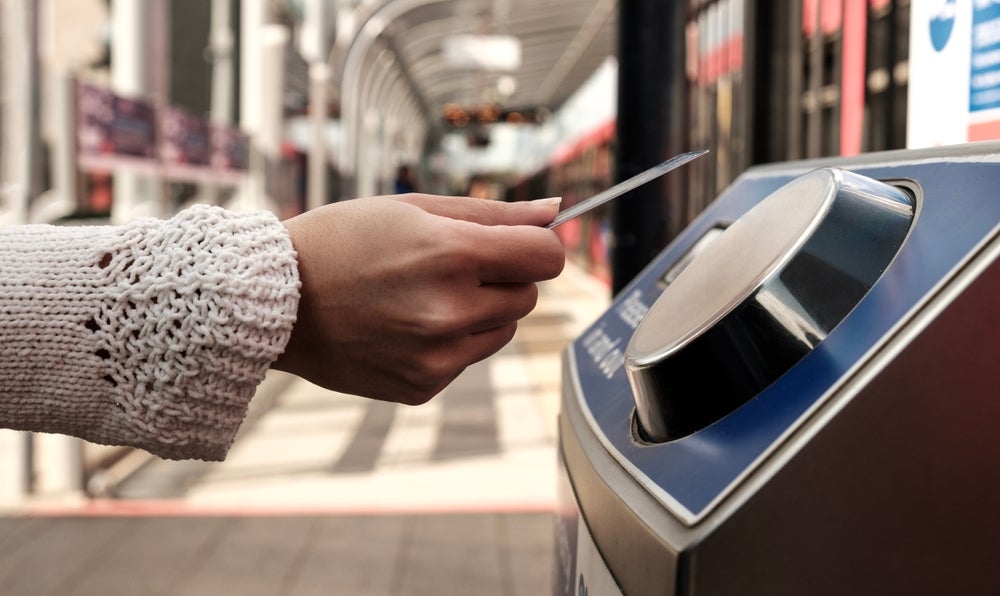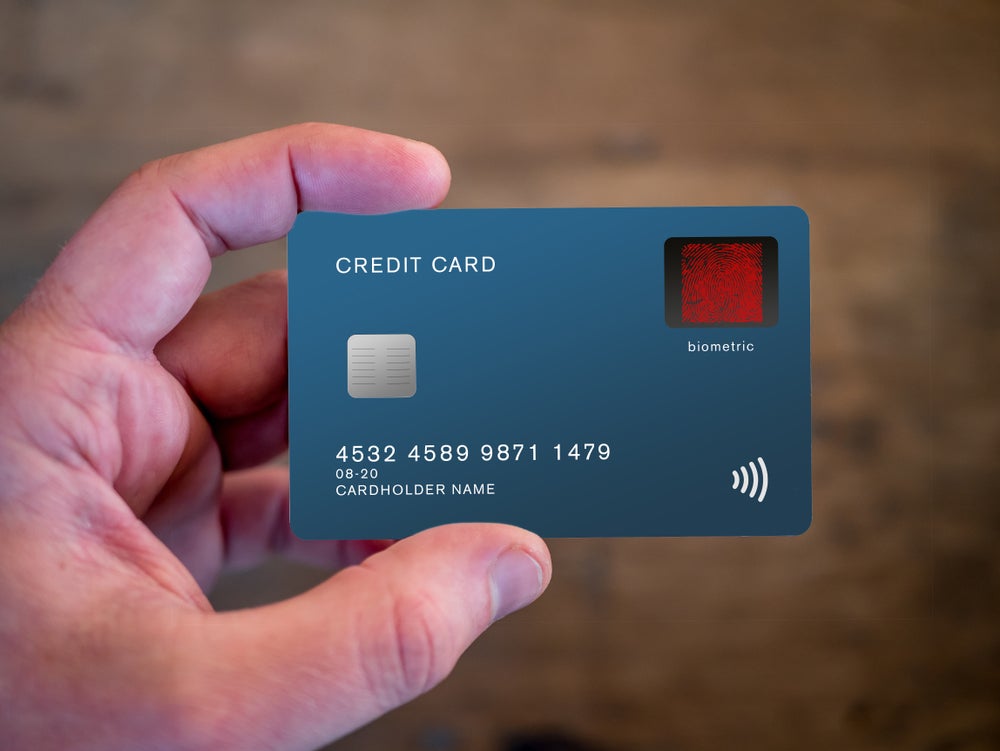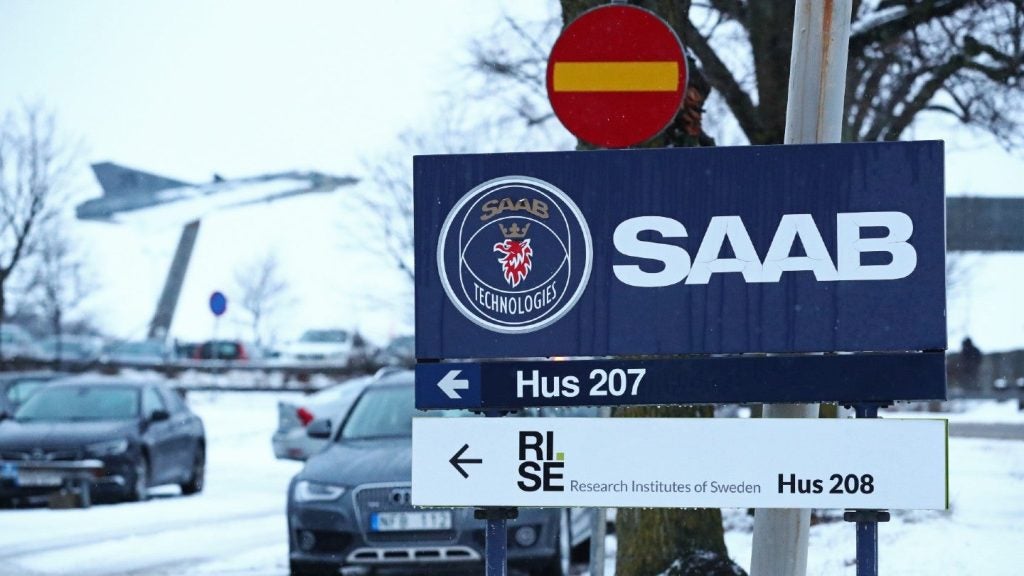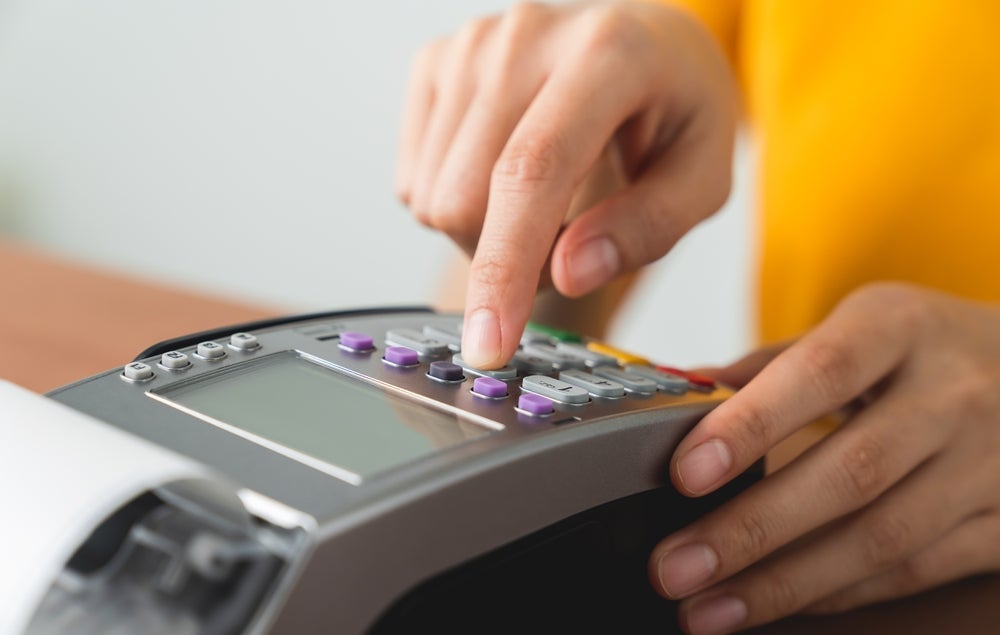Sweden’s strong use of payment cards has been driven by concerted efforts by the country’s government and banks, and consumer willingness to adopt them. Despite this, however, adoption of contactless has been low, but is expected to improve as banks step up promotional activity and card volumes rise
Swedish consumers are prolific payment card users. Average monthly card transaction volumes and the average annual spend per card are higher in Sweden than in other mature European markets such as the UK and Germany, although they lag behind Sweden’s Nordic neighbors Denmark, Norway and Finland.
Payment card use in Sweden has been driven by concerted efforts by the government and banks, and consumer willingness to adopt them.
As a result, payment cards are gradually replacing cash, and are now used even for small-value transactions at newspaper vendors and homeless magazine sellers, and for church donations.
Card-based payments overtook ATM cash withdrawals in 2002. The increase in POS terminals has been paralleled by a substantial rise in the use of payment cards, with the volume of card transactions at POS terminals growing to 3.2 billion in 2016, accounting for 95.6% of overall payment card transactions, indicating a rising consumer preference for cashless payments in Sweden.

How well do you really know your competitors?
Access the most comprehensive Company Profiles on the market, powered by GlobalData. Save hours of research. Gain competitive edge.

Thank you!
Your download email will arrive shortly
Not ready to buy yet? Download a free sample
We are confident about the unique quality of our Company Profiles. However, we want you to make the most beneficial decision for your business, so we offer a free sample that you can download by submitting the below form
By GlobalDataTransition to cashless supports growth
The Swedish government has taken initiatives to bring the entire population into the banking system and to encourage cashless transactions. As of 2016, 100% of the population aged 15 or above had a bank account. This resulted in the high penetration of products such as debit cards.
The government’s focus on a cashless society – supported by retailers’ growing reluctance to accept cash – led to an overall increase in payment card transaction volumes. Retailers such as Kungsaengen, mobile phone retailer 3 and mobile service provider TeliaSonera have discontinued acceptance of cash payments.

Measures to tackle deflation
The central bank of Sweden is using the repo rate to tackle deflationary pressure. The repo rate was gradually reduced from 1.25% in December 2010 to a zero rate in October 2014, which was maintained until the end of 2014. As a result of the low repo rate, bank lending grew, which in turn resulted in increases both in consumer spending and overall economic growth.
To combat deflationary pressure, the central bank decreased the repo rate to -0.10% for the first time in February 2015, and to -0.35% in November 2015, resulting in negative returns on savings and deposits with commercial banks. As of November 2016, the repo rate was -0.50%.
The move led consumers to spend rather than save money in banks, and is expected to further drive payment card transaction volumes and values.
Contactless still at a nascent stage
Although Swedish consumers are prolific users of payment cards, adoption of contactless cards is still low in comparison to other European countries such as the UK and France. The number of contactless cards was 1.5 million in 2016.
According to GlobalData analysis, the low adoption of contactless technology is primarily a result of a lack of promotion by banks. However, with banks such as ICA Banken and Danske Bank issuing contactless cards, the number is expected to gradually rise to 15 million by 2021.
E-commerce to support payment cards
Sweden is the second-largest e-commerce market in the Nordic region after Denmark, in terms of transaction value.
The Swedish e-commerce market recorded a CAGR of 7.05%, rising from $8.9bn (SEK60.6bn) in 2012 to $11.7bn in 2016. Rises in internet and smartphone penetration and investment in online payment infrastructure supported e-commerce’s growth during this five-year period.
Swedish consumers still generally prefer to use traditional payment methods such as payment cards, credit transfers and direct debit to pay for online purchases.
According to a 2014 central bank study on the payment behaviour of Swedish consumers, debit cards were the most-preferred payment method for online purchases.
However, emerging payments such as digital wallets and m-payments – including mobile wallets and carrier billing – are also increasingly being used for e-commerce transactions.
In Sweden, quick response (QR) code-based mobile payment solutions are available for retailers and online traders, enabling cardholders to pay for purchases directly by mobile phone.

Prepaid cards offer growth opportunity
The prepaid cards market is in a developing stage, with the total number of prepaid cards in circulation standing at 170,000 in 2016. The figure is expected to reach 1.1 million by 2021, recording a CAGR of 40.79% between 2017 and 2021. The transaction value grew from $0.5m in 2015 to $0.8m in 2016.
Gift cards are gaining prominence, with many prepaid card issuers entering the Swedish market. In 2016, for example, Paygoo partnered with Wirecard to issue the Paygoo Prepaid MasterCard Reload, which can be used internationally at all MasterCard merchant locations. Paygoo also has the Paygoo gift card, Paygoo Poison, which was launched prior to the Reload card available at Pressbyrån, 7-Eleven and Shell/7-Eleven stores, and can be loaded with between $23.60 and $236.50.







